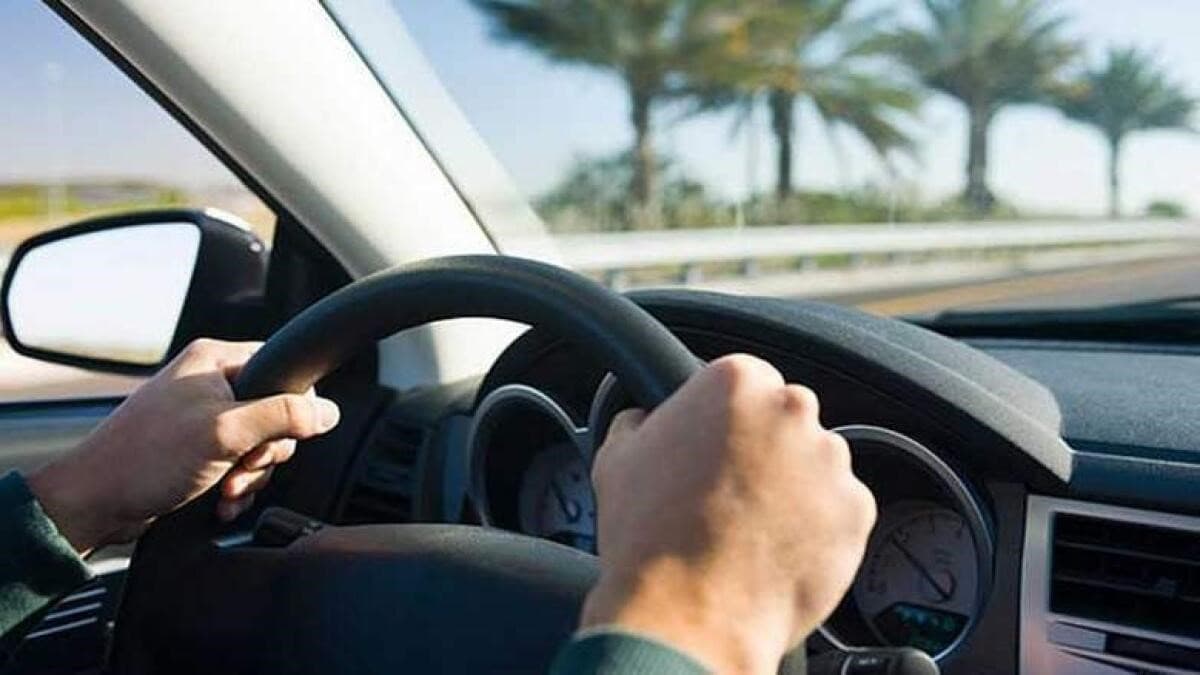
Legal Consequences of Driving a Vehicle Not Registered in Your Name in the UAE
Here’s what you need to know about borrowing a friend's or colleague's vehicle
If you need to get somewhere quickly but your car isn’t available, you might consider borrowing a vehicle from a colleague.
However, it's crucial to understand the legal implications of driving a vehicle that isn’t registered in your name within the UAE.
Under Article 447 of Federal Decree Law No. 31 of 2021, using a car, motorcycle, or similar vehicle without the owner’s or authorised user’s permission can result in detention for up to one year, a fine of up to Dh10,000, or both.
Here’s what you need to know about borrowing a friend's or colleague's vehicle:
Always Possess a Valid Driving Licence
Regardless of whose vehicle you're driving, it's imperative to hold a driving licence recognised in the UAE. This could be a UAE driving licence or, for tourists, an international driving licence.
Article 51 of the UAE traffic law states that driving without a valid licence or driving a vehicle you're not licensed to operate can result in imprisonment for up to three months, a fine of up to Dh5,000, or both.
For UAE residence visa holders, only a UAE driving licence is accepted. Tourists can drive in the UAE with an international driving licence.
However, visitors from the following countries can drive using their home country's licence:
All GCC nations; Australia; Austria; Belgium; Spain; Germany; France; Ireland; Netherlands; Italy; United Kingdom; Turkey; Greece; Switzerland; Norway; Denmark; Sweden; Romania; Poland; Finland; Portugal; Canada; United States; South Korea; Hong Kong; Singapore; Japan; New Zealand; and South Africa.
Additionally, according to Dubai’s Roads and Transport Authority (RTA), if you're visiting the UAE and hold a valid international driving licence, you can rent a car or drive a vehicle registered in your name or that of a first-degree relative.
Obtain Permission to Drive the Vehicle
As mentioned earlier, whether it's a friend or colleague, it's essential to drive a vehicle only if the owner has granted permission, in accordance with Article 447 of the UAE Penal Code.
What If I Get Into an Accident?
If you have an accident while driving the borrowed car, will the vehicle owner's insurance policy cover the damage? Generally, yes, provided certain conditions are met.
According to the unified policy on automobile insurance set by the UAE’s Insurance Authority, if you allow a friend to drive your car -- and they have a valid driving licence issued over a year ago and are over 25 years old -- your insurance policy should cover any accident claims. However, please be aware that this could impact your claim history.
If the driver is under 25 or has had their driving licence for less than a year, an additional 10 per cent payment on the ‘excess amount’ is required. The excess amount is what a person pays when they're at fault in an accident.
Another aspect to consider is in the case of high-net-worth cars, such as supercars. In these instances, before issuing the policy, insurance companies discuss terms with the customer and include special clauses.
For example, it might state that no one under 30 years can drive the car, or there could be a ‘named driver policy’ where only the driver named in the policy is covered in case of an accident.
So while any accident in such a scenario may likely be covered under the vehicle owner's insurance policy, it's crucial to be aware of the exceptions and ensure all rules are followed when borrowing a friend's car.
For any enquiries or information, contact ask@tlr.ae or call us on +971 52 644 3004. Follow The Law Reporters on WhatsApp Channels.